Services
Learn about services available in the country to make living with your diabetes easy and save your vision & your happiness.
How can we help you?
Get the information you need to make decisions faster and more effectively - for any of diabetic related health issue.
Get the information you need to make decisions faster and more effectively – for any of diabetic related health issue.
We are dedicated to enhancing the quality of life of diabetic individuals and their families in our community by ensuring better vision, and we do this by providing you with accurate scientific information.
We do have most advanced diagnostic technology and vision sparing and restoring solutions in the country in both government and private sector health care facilities . By taking care of your eyes from the day you are diagnosed to have diabetes you can avoid losing your eyesight. Even if you have already developed retinal problems, appropriate therapeutic measures can be taken to ensure good quality vision if you are willing to comply.
Eye clinics in the public sector
We have Eye clinics manned by Specialist Eye Surgeons(Consultant Eye Surgeons) all over the country. Most eye units have 24 hour on call services on 365 days.
To see which is closest to you , please go in the alphabetical order and select your district.
To protect your eyes it’s essential to keep your blood sugar and several other factors under control.
Our Approch for
Highlights and legacy of VISION 2020
Project of Improving Eye Care in Children and Diabetic patients (IECD)
Conducting Clinics
You can get details about eye clinics across Sri Lanka through our website. They include the relevant details and the details of the doctors.
Patient Advisory
Diabetic patients are given valuable advice to avoid the negative effects on the eye while maintaining the healthy condition of the eye.

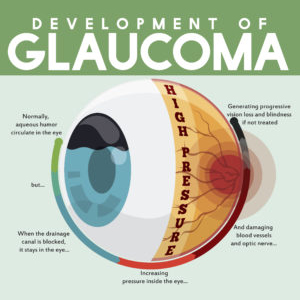
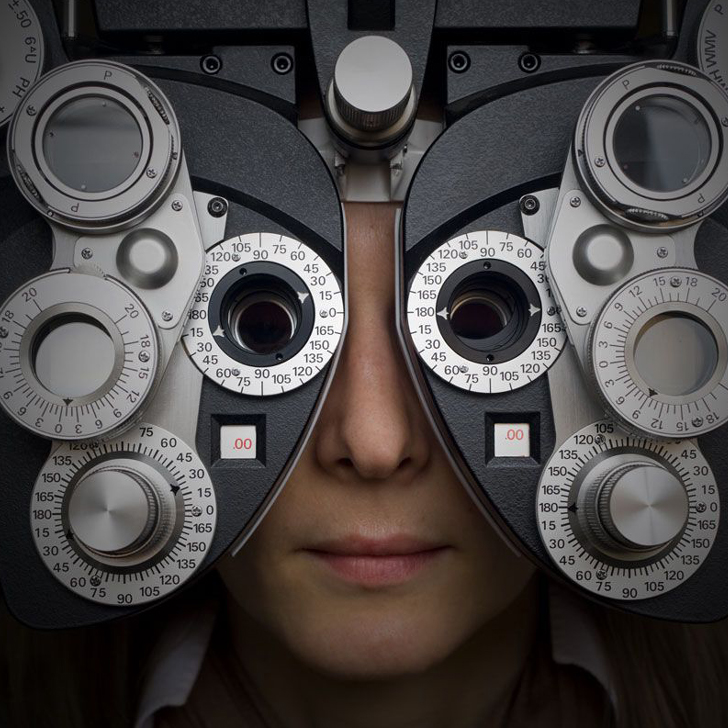
Who can help you ?
Most medical officers stationed in the diabetic or medical clinics in government hospitals follow the appropriate guidelines in management of diabetes. But if your blood sugar is not getting properly controlled or if you develop complications related to diabetes or its treatment, they seek the help of general physicians in the closest secondary or tertiary care government hospital.
Here’s a list of physicians in each district who can help you control your blood sugar and help manage other non-communicable diseases (hypertension, blood lipids etc) you have in addition to diabetes.
Endocrinologists are specialized in diabetes and other hormone related diseases like thyroid dysfunction adrenal disease etc.
Most doctors and nurses attending to you would be able to advise you on the kind of meals that you would take and what you should avoid. But there are now specialists who have mastered the science of Nutrition who can look in to your individual needs taking all your health issues into consideration.
Click here to View Medical Nutritionist List
There are many other fields in medicine that a person with diabetes may need the services of.

Nephrologists
Diabetes associated disease involving small blood vessels in the kidney can cause poor function of this organ commonly known as renal failure or chronic kidney disease. This tend to happen around the same time as your eyes get affected with diabetic retinopathy. Nephrologists help you to salvage the remaining renal tissue and decide on any other procedures needed to keep your body functioning at its best.

Neurologists
Diabetes can cause dysfunction of peripheral nerves which innervate your limbs and has a protective role from day-to-day wear and tear. This leads to formation of ulcers which can get infected and may lead to loss of limbs.

General Surgeons
If you develop diabetic ulcers, they can remove necrotic tissue and help them to heal faster. Sometimes if the limb is beyond salvage, they may have to amputate it to save the life.
What services are offered by Vision 2020
Vision 2020 program, a collaborative effort of the College of Ophthalmologists and the Ministry of Health established under the patronage of the International Agency for Prevention of Blindness (IAPB) worked in 5 main thematic areas in eye care targeting to minimize avoidable blindness in the country.
1. Childhood blindness – providing spectacles for school children
2. Cataract – Conducting Island wide screening and operating cataract camps while providing good quality Intra Ocular Lenses for the needy
3. Glaucoma – Awareness campaigns and massive glaucoma screening camps in many areas in the country
4. Diabetic retinopathy – Establishing dedicated Diabetic Retinopathy screening clinics in many eye clinics lead by consultant eye surgeons
-Training of Medical officers working in medical and diabetic clinics in peripheral hospitals to do diabetic retinopathy screening using direct ophthalmoscope
- capacity building off medical clinic nurses in secondary and tertiary care hospitals to improve awareness off diabetic retinopathy among patients attending these clinics and streamlining referrals from medical clinics to the relevant eye clinics,
5. Low vision -Some patients cannot regain useful vision to carry out their normal day-to-day work or complete their education even after multiple surgical or medical therapies. Their quality of life can be improved using low vision devices and services. Under this service several low vision clinics have been established throughout the country
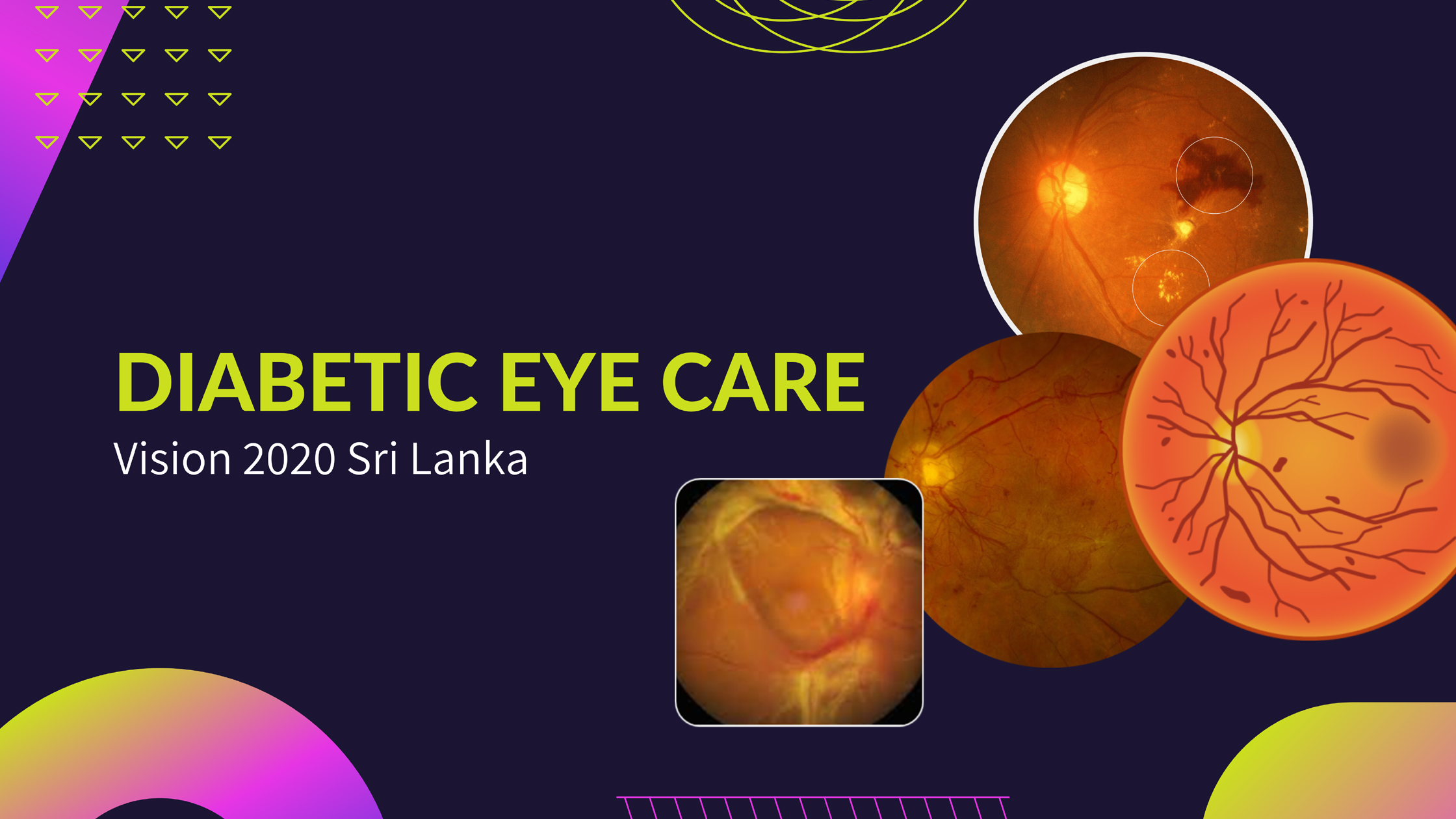
Diabetic eye Care
At our project we take preventative care very seriously. Patients with diabetes are especially susceptible to additional health problems, including eye conditions such as diabetic retinopathy. This means that diabetic patients need to attend eye examinations more often than other patients.
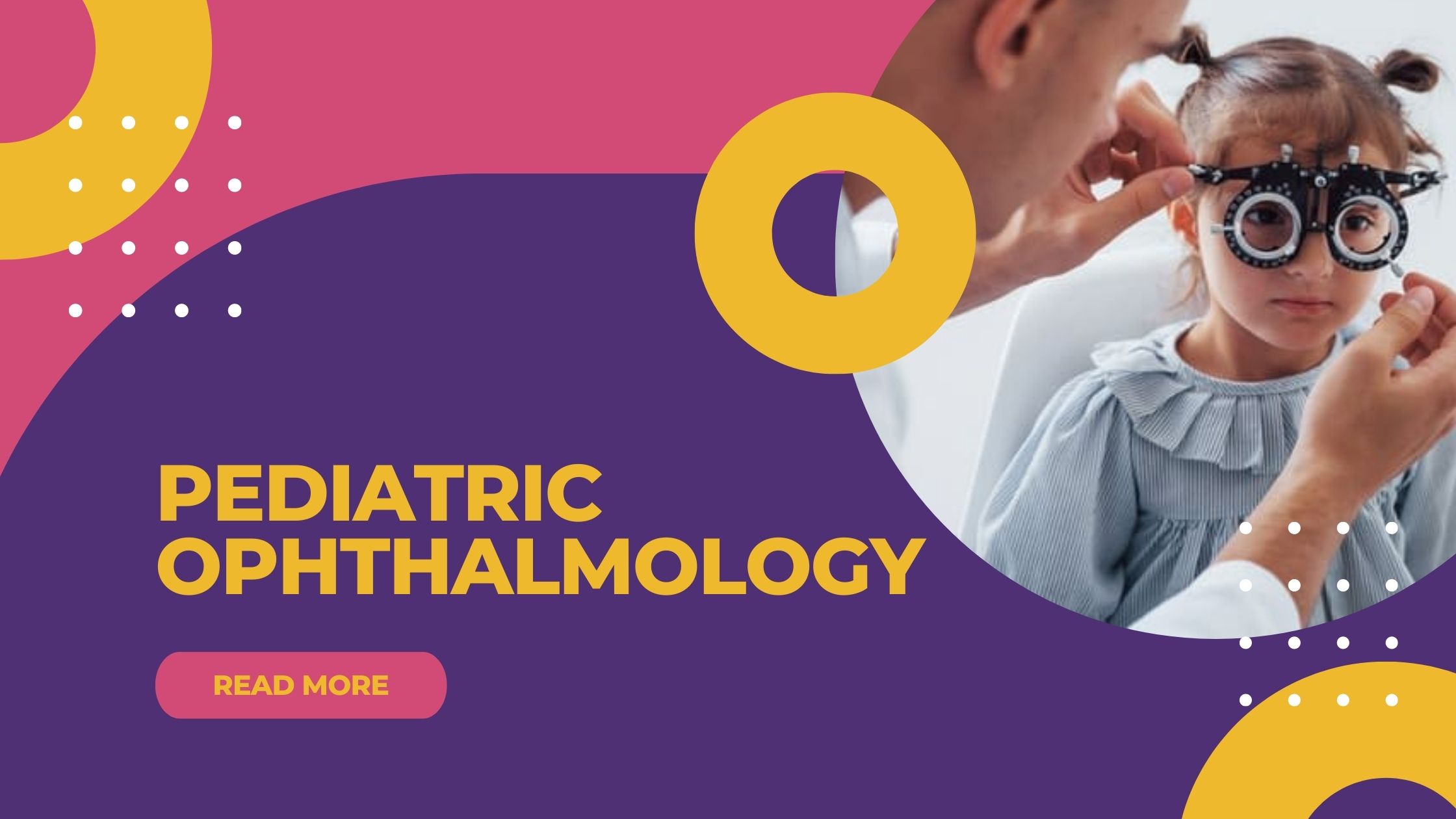
Pediatric Ophthalmology
Children aren’t born with good vision, but rather with visual potential, which improves as the eye and brain develop after birth. Visual development takes place within the brain during the first several years of life, and just like learning a language, a child’s brain is learning to see the world around them.
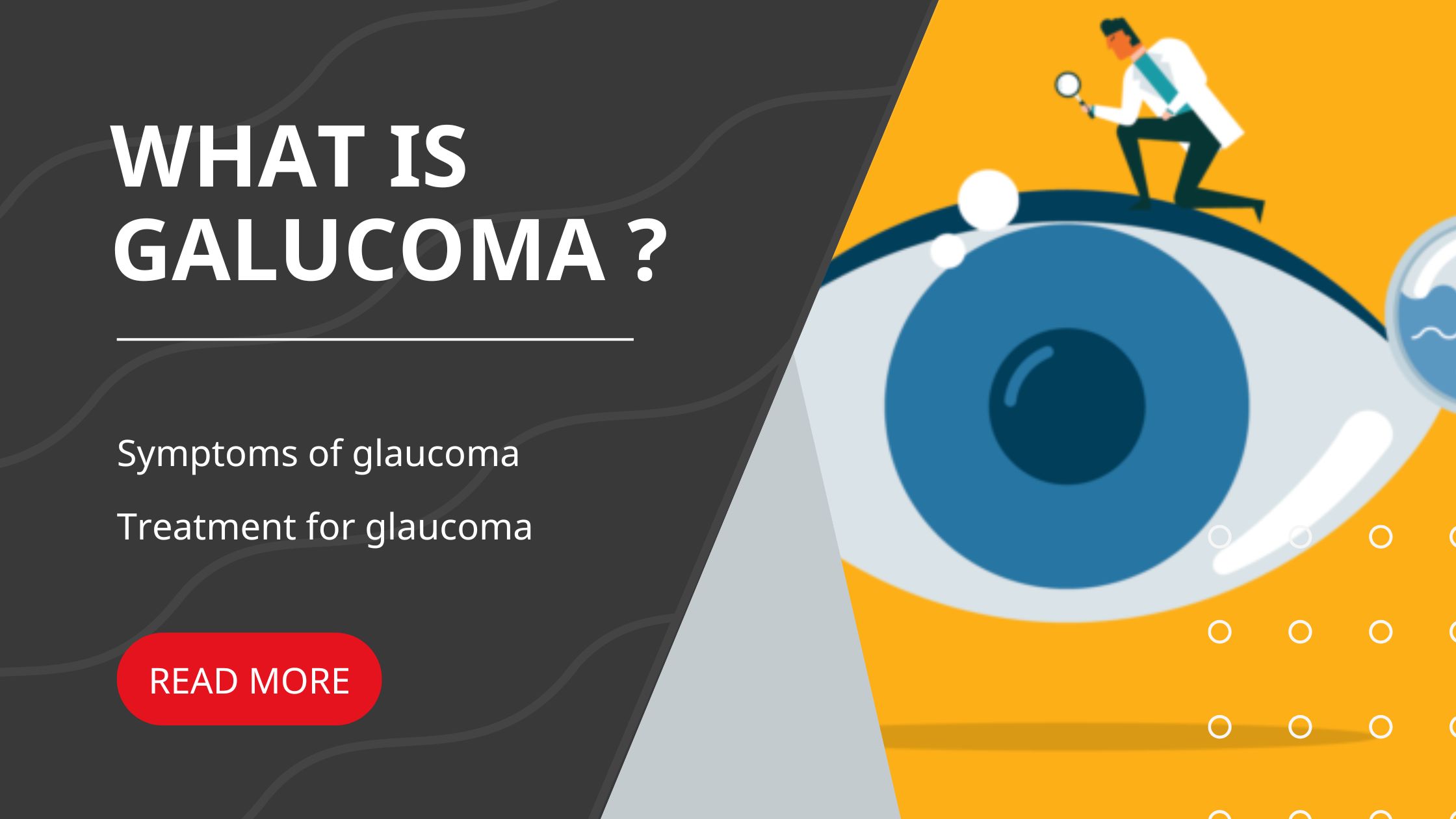
Glaucoma
Glaucoma, referred to as the “sneak thief of sight,” is an ocular condition that causes permanent, irreversible vision loss. The optic nerve, which is responsible for sending signals from the back of the eye or retina to the brain, is no longer able to function properly in glaucoma, causing vision loss.
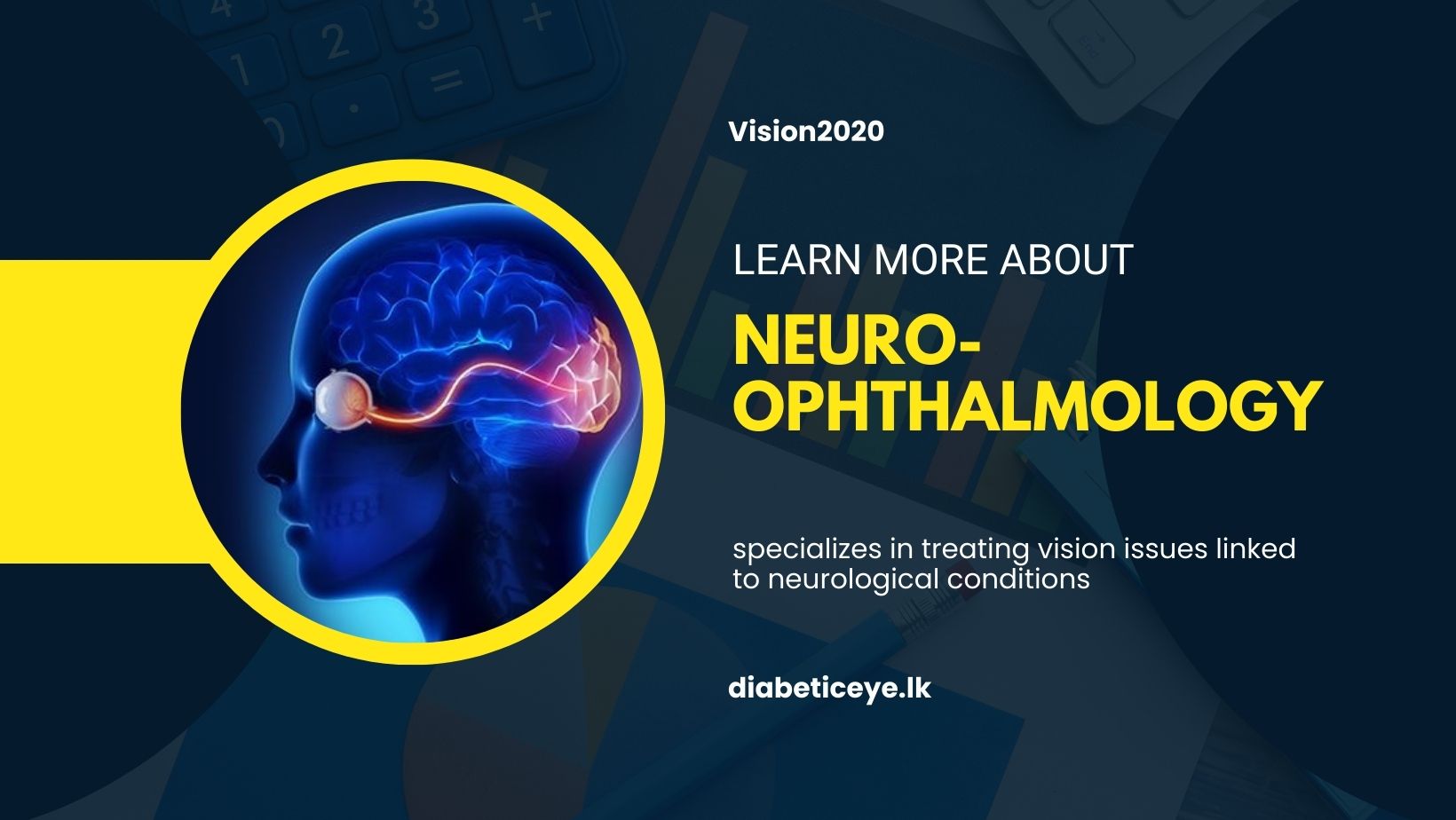
Neuro Ophthalmology
What is 2030 IN SIGHT Integrated Patient Centred Eye Care (IPEC) program ?
The integration of World Health Organization World Report on Vision, The Lancet Global Health Commission on Global Eye Health and the United Nations General Assembly Resolution 75/310 to develop a strategy to combat avoidable blindness in even the most marginalized communities. The College of Ophthalmologists of Sri Lanka together with the Ministry of Health will be actively taking part in developing a National Eye Health action plan for the next decade concentrating on patient centered eye care.

